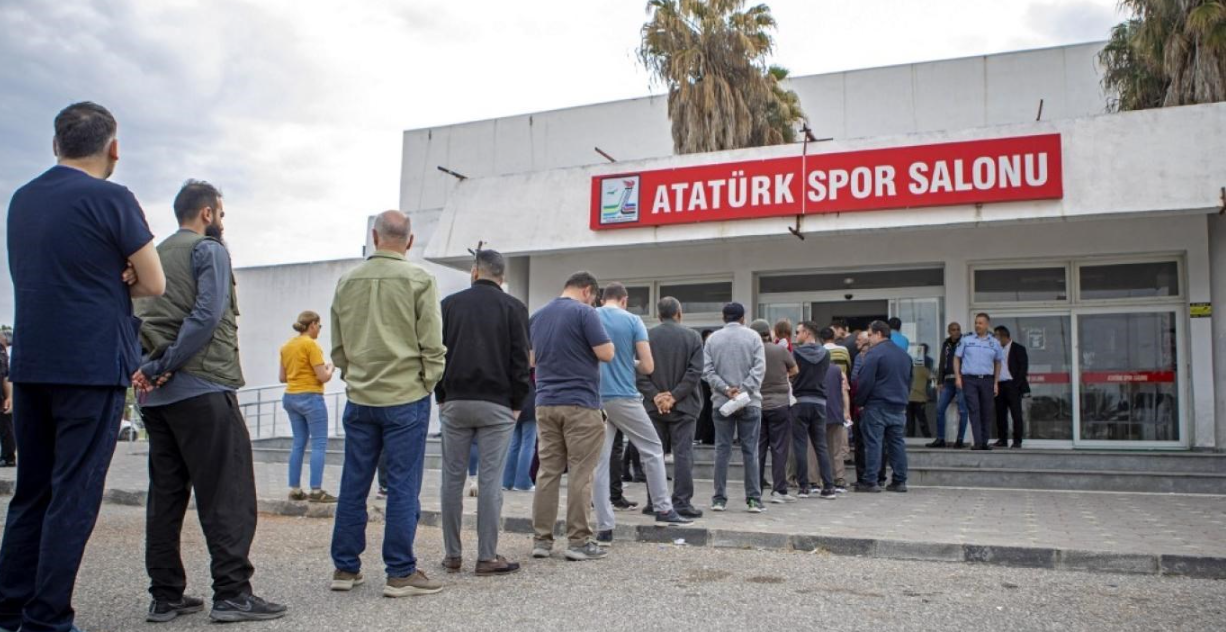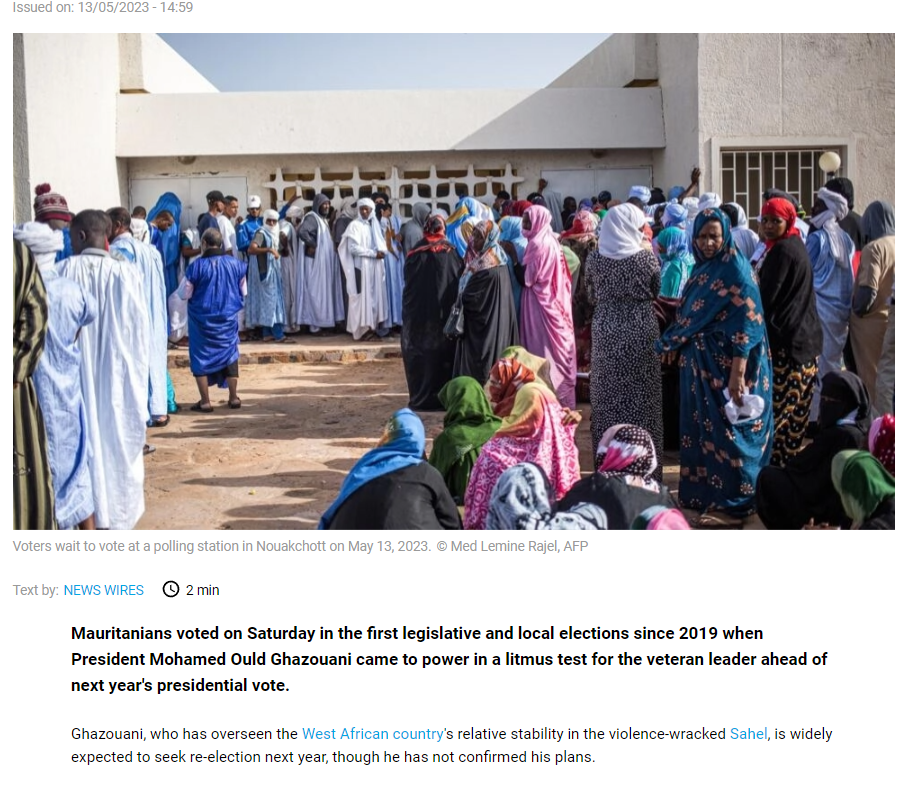
After his inauguration as President of Nigeria, Bola Ahmed Tinubu pledges to unite the country and ensure its security
On Monday, Bola Ahmed Tinubu called for the unification of Nigeria, the day after his inauguration as the new president of the most populous country in Africa, and pledged that ensuring its security would be his “priority.”
Tinubu, who was elected in February, pledged at the end of a ballot whose results were challenged by the opposition in court, denouncing widespread fraud, to serve Nigerians "without prejudice".
He stressed the need to unite the country of 215 million people, divided between the Muslim-majority north and the Christian-majority south, particularly by "promoting economic exchanges, social cohesion and intercultural dialogue."
He pledged that tackling insecurity would be his "absolute priority", as well as defending "the nation from terrorism and all forms of crime" by strengthening security forces.
The new president has promised to put Africa's largest economy back on track, while the oil-rich country sinks into recession, inflation, exploding debt and poverty.
Tinubu, who was called the “kingmaker” or “the spiritual father,” because of his enormous political influence, organized his election campaign, stressing that it was his “turn” to lead the largest economy on the continent.
However, the rise of the new president, who has huge wealth, was accompanied by many accusations of corruption, without being convicted at all, which he also always denied.
Tinubu will have to focus on the speedy recovery of the country's economy. One of the main challenges for Nigeria, which is rich in oil, is that it exchanges crude, which is estimated at billions of dollars, in exchange for imported fuel (due to poor operation of refineries) that it supplies to its market later.







































